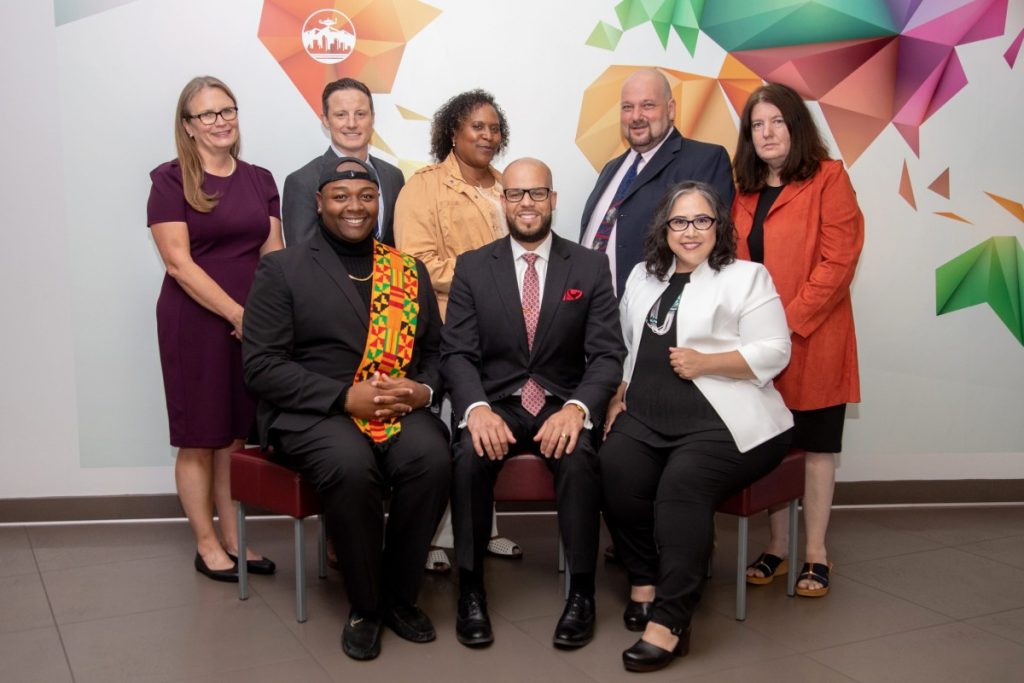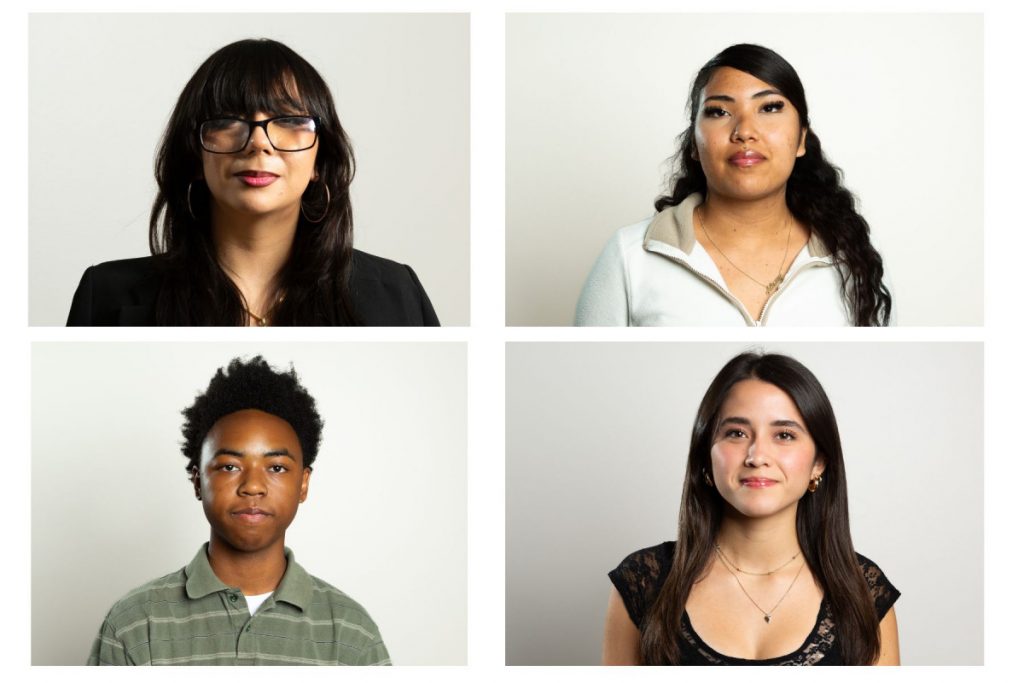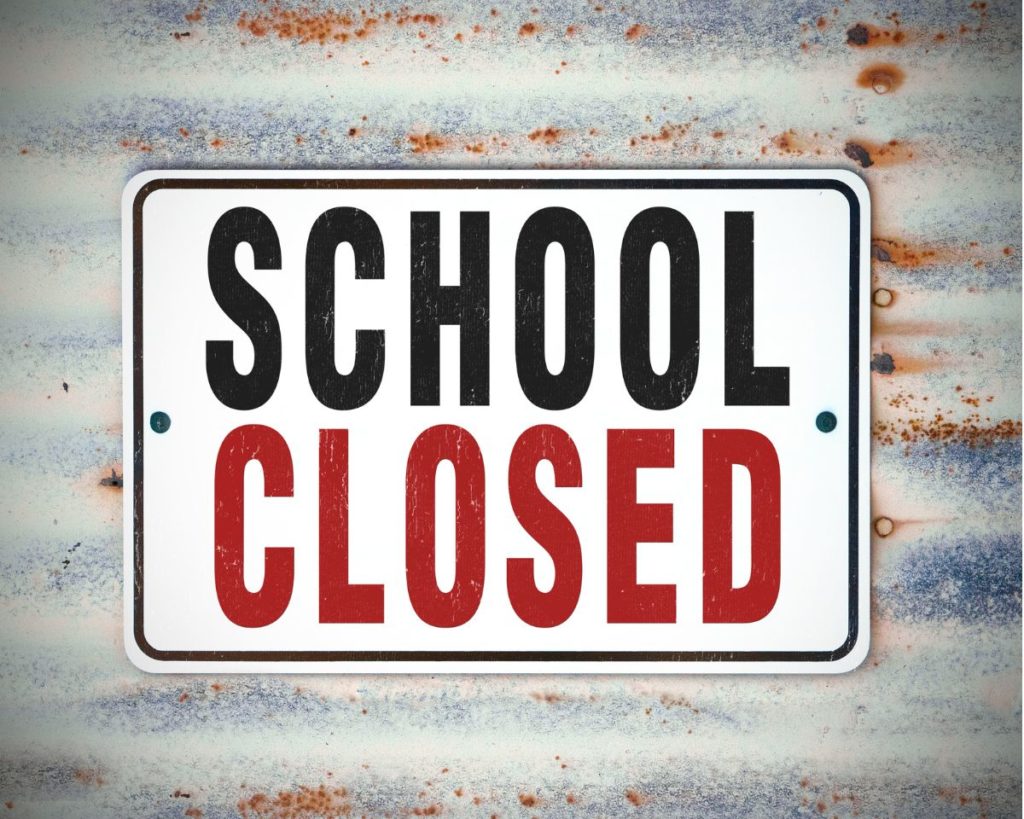It has become increasingly obvious over time that a two-way trust deficit exists between Denver Public Schools’ board and leadership on one side and the broader Denver community on the other.
The just-released, kid-gloves evaluation of Superintendent Alex Marrero won’t help. We’ll do a deeper dive into this soon.
A large part of the problem from the community’s perspective is that the school district has become insular to the extreme, doing its best to keep as much of its public business private as possible. It seems as though the administration and board don’t trust the public.
The Denver Gazette’s Nicole C. Brambila wrote an excellent article last week detailing DPS’s ”irrefutable pattern” of stonewalling on legitimate open records requests and conducting public business behind closed doors.
Bramblia quoted Steve Zansberg, the state’s preeminent First Amendment attorney: “I think it’s irrefutable that there is a pattern of conduct that the district has not abided by the state’s transparency laws.”
The insularity issue flared up again last week when the school board pushed back hard against a proposed city ordinance that would reactivate a city-district coordinating committee that has gone dormant over the past several years. The committee has a history dating back several decades.
Board members stressed that they believe in collaboration between themselves and city council members, as well as representatives from the superintendent and mayor. But they complained that two city council members drafted the ordinance without seeking input from the district, and wanted to make sure the city didn’t overreach into the school district’s business.
City officials responded that they’ve been seeking DPS input since August but haven’t gotten a response.
DPS board president Xóchitl Gaytán warned the city to stay in its lane during a board work session last week. “The current language in the ordinance is a severe overreach into this legislative body,” Gaytán said.
Despite insistence from several board members that they are all about collaboration, Gaytán sounded anything but collaborative. “When I was on certain phone calls with city council, I heard words like we want to co-govern,” she said. “We do not co-govern over the superintendent and his work. We are the only legislative body that is creating policy over Denver Public Schools.”
Board vice-president Auon’tai Anderson, who won’t be on the board come December, blasted council members for promoting the ordinance during a press conference with members of Educate Denver, a group of elder statesmen and women, including two former mayors and several former board members. Educate Denver has been sharply critical of the current board, which makes the group illegitimate in Anderson’s eyes.
“If you watch the press conference they held it was an hour of slamming the Denver school board. That’s not collaboration,” he said. Then in a rant that missed the point, he continued:
“It was…insulting us and saying the Denver school board is essentially like the 1-11 Colorado Buffs when this Board of Education has the highest graduation rate in the in the district history, where we passed universal dyslexia screening, where Vice-President Kamala Harris came to this district and went to Northfield High School to celebrate one of the first in the nation climate sustainability, where we are making sure that we are enacting the No Justice, No Peace resolution, where we’ve raised the minimum wage 30% in this district, where our teachers have gotten a 59% increase…So when you talk about the record of this board, I would say that we’re already in the playoffs heading to the championship compared to other school boards.”
That lengthy quote mentions not one word about student learning, the massive opportunity gaps that exist in the district, pervasive safety fears among parents, students, and staff, or a host of other existential challenges. While all the accomplishments Anderson mentions are real, they’re also tangential to the district’s central mission of educating students.
Here’s my list: A school board and administration that decides to limit public comment sessions to two hours, that withholds public records, that holds illegal secret meetings, that denies legitimate researchers data because they suspect bias, has become so insular and defensive that it has lost its grip on reality, not to mention the public’s trust.
Without wholesale change, I don’t see matters improving anytime soon.




